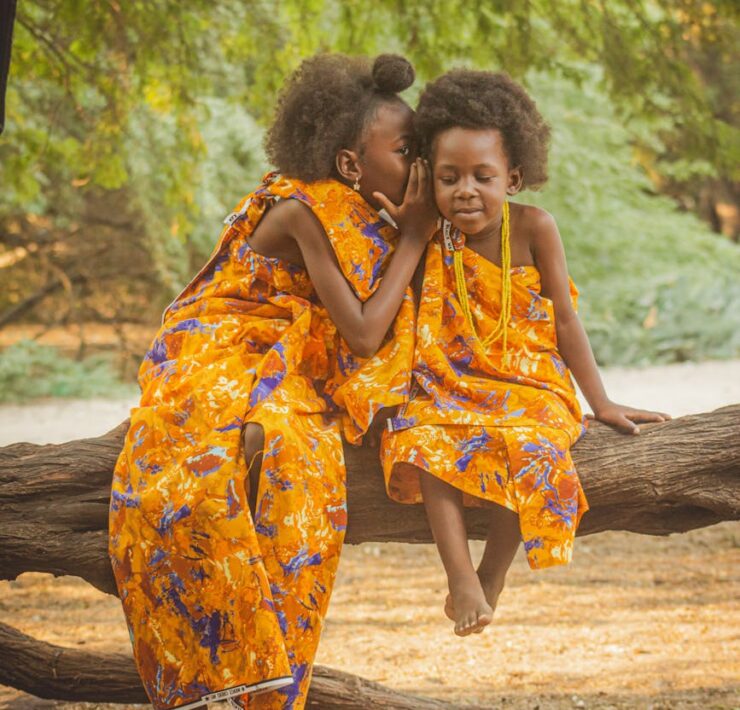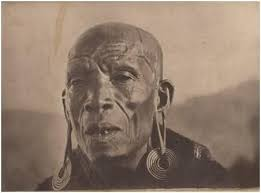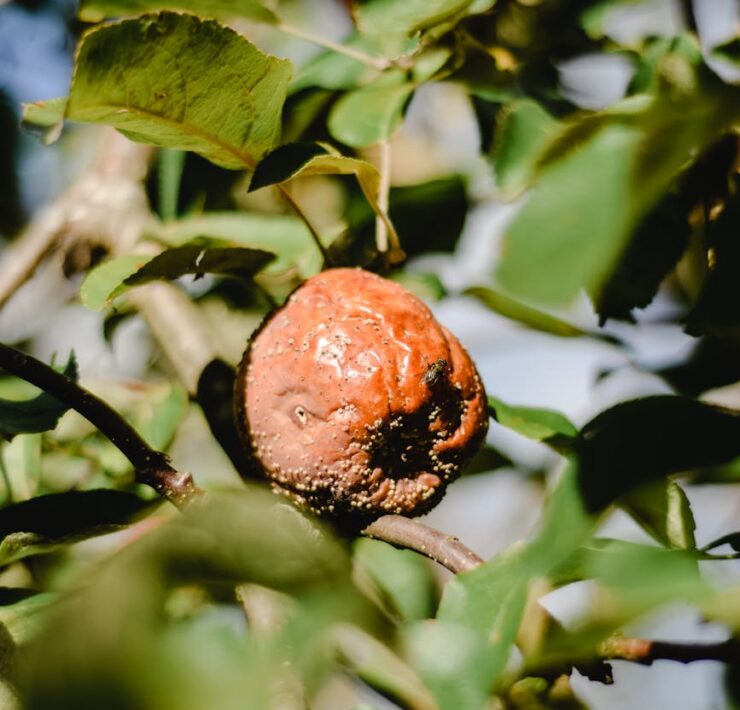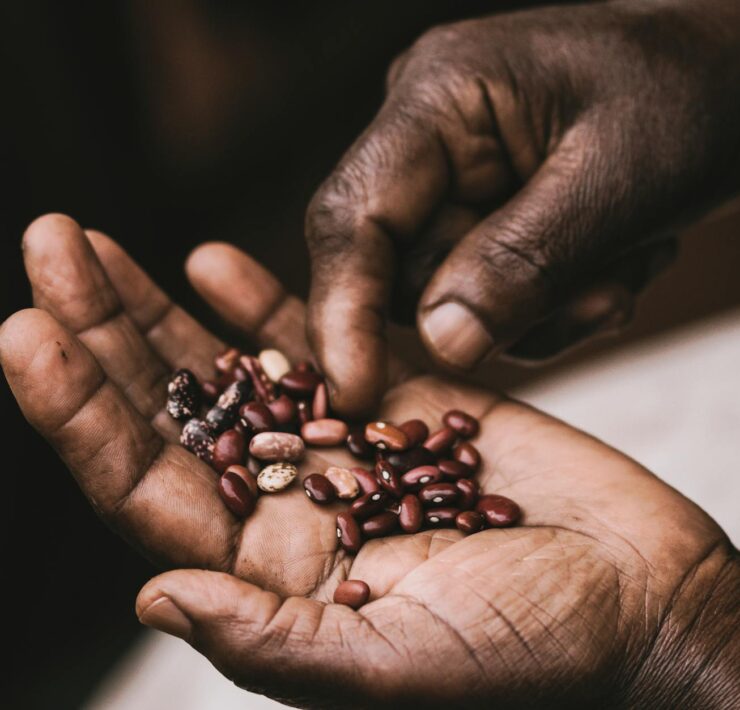The Beauty of African History
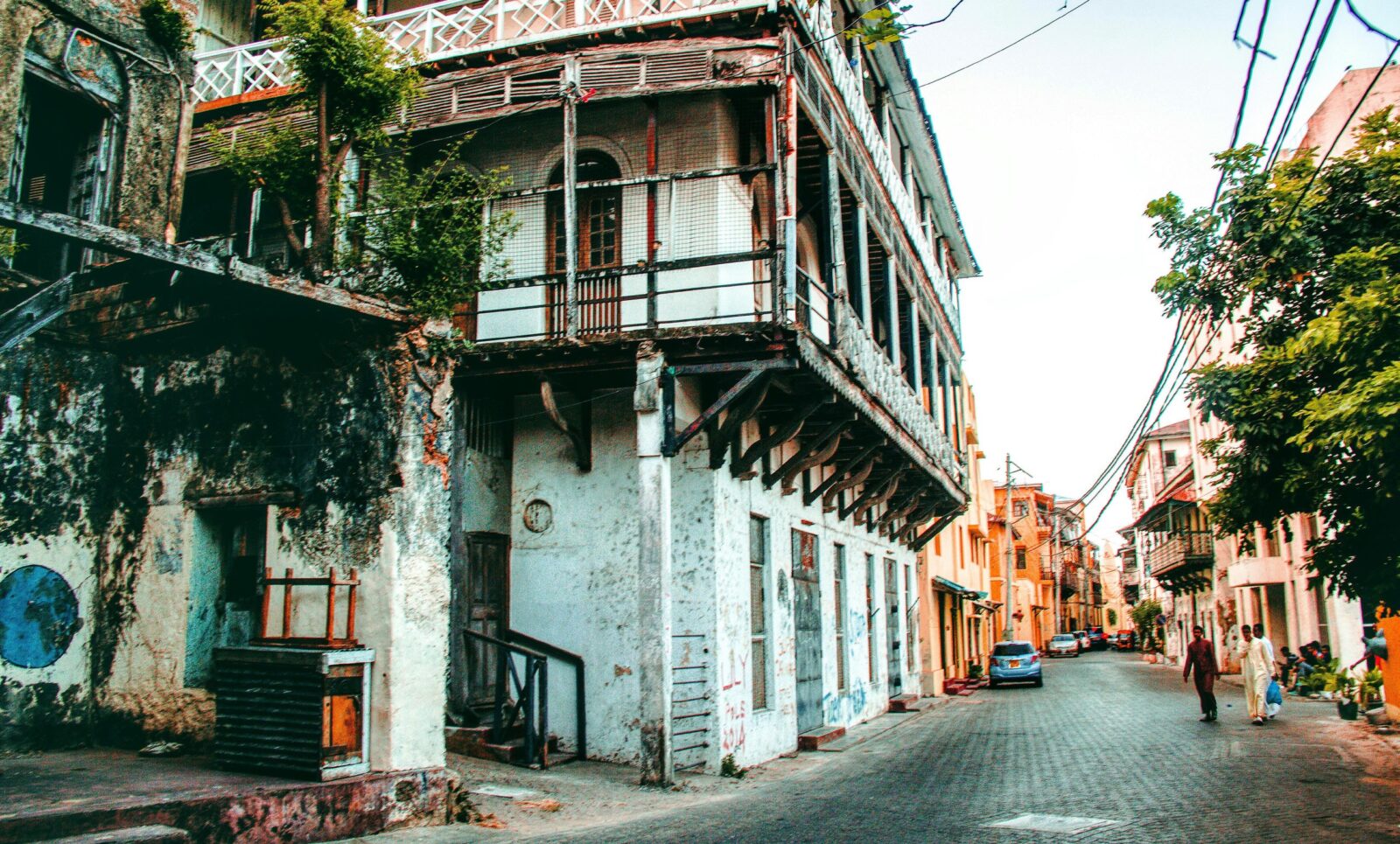
Samuel Phillips is a writer, graphic designer, photographer, songwriter, singer…
Have you ever been involved in an argument or a conversation with friends or classmates about the history of Africa? I remember during my secondary school days, one of the main subjects we were taught was history, particularly African history. I remember it clearly because on the day my dad passed away, I had just returned from writing my second-term history exam. That day is unforgettable, and so is the fact that I studied history in secondary school.
Now, I am not entirely sure, but it seems the study of history has been removed from the African curriculum. I may be wrong, but that is my impression.
Back then in Nigeria, my friends and I (I only had two friends) loved debating what we read in our history classes. Our history books were numerous, and some were quite large. Whenever a new history book was introduced, we would chuckle among ourselves, wondering how soon we could finish reading it based on its size. Some of those books were truly intimidating, but we loved them all the same.
In hindsight, even though I loved reading history books back then, I am not entirely sure I understood what I was reading in the context of how it affected Africa and Africans. Here is what I mean: My friends and I were excited about history, but we read about Africa in those books as if it were a distant land, disconnected from us. It was as though we were not the Africans we were reading about. I am not sure if my point makes sense, but I did not relate what I was reading to myself as an African. Whether it was the teaching method that created that disconnect or just my lack of awareness about what I should have been looking for in those history books remains unclear. However, reading those books still made sense at the time.
One of our favorite stories was about the Kanem-Bornu Empire in present-day Nigeria. We particularly enjoyed reading about this African empire because we loved the way its name sounded. It made us laugh, and we admired the characters in the stories, especially those who rode horses like the Knight Templars we used to see in movies.
It was in one of those history classes that I first heard about the Maasai of East Africa. From the way the Maasai were described in those books, I admired them from afar, even though I could not tell you then which country they lived in. I just knew they were a great warrior tribe in East Africa. Even then, I did not have a clear concept of what East Africa meant in relation to Africa as a continent. But I knew Africa had a strong history, and that felt good back then.
Now, here I am in East Africa, living in Kenya, in some of the areas that the Maasai call home. Yet, I no longer feel the same awe I had for them during my school days. I cannot explain exactly why, but I believe it has to do with the commercialization of the Maasai tribe. You may not agree with me, and that’s fine. However, I think the beauty and awe of the Maasai have been diminished over time due to the over-commercialization of their culture. Today, most of what we see is Maasai warriors advertising “Magical Kenya” products to attract European tourists. We also see them working as security guards in residential homes, selling cultural accessories on the streets, in shopping malls, or at tourist sites. They have essentially been “reduced” to Kenya’s tourism public relations officers and advertising agents. If you know what I mean. I may not have the full story, but I believe what is happening to the Maasai tribe is unfair.
Human History Found in African History
Many people still think Africa had no history. However, historical and archaeological studies have proven that Africa has a richer and greater history than ancient historians would have us believe. Modern data clearly states otherwise:
- The human race is of African descent. The oldest known skeletal remains of anatomically modern humans (Homo sapiens) have been unearthed in East Africa. Human remains discovered in Omo, Ethiopia, date back 195,000 years, making them the oldest known in the world. The entire human race shares 99.9% of its DNA, with its origins pointing to the Eve Gene found in Africa.
- Pre-human skeletons were discovered in Africa between four and five million years ago. The oldest known ancestral type of mankind is thought to be Australopithecus ramidus, which lived at least 4.4 million years ago.
- Africans were the first to organize fishing expeditions 90,000 years ago. In Katanda, a region in northeastern Zaire (now Congo), finely crafted harpoon tips were recovered, all polished and barbed. A well-designed tool, believed to be a dagger, was also discovered, suggesting the existence of an early aquatic or fish-based culture.
- Africans were the first to engage in mining 43,000 years ago. In 1964, a hematite mine was discovered in Swaziland on the Bomvu ridge in the Ngwenya mountain range. Eventually, 300,000 items were recovered, including thousands of stone mining tools. Archaeologist Adrian Boshier dated the mine to an astonishing 43,200 years old.
- Africans pioneered basic arithmetic 25,000 years ago. The Ishango bone, a tool handle with engraved notches, was found in the Ishango region of Zaire (now Congo) near Lake Edward. Initially thought to be over 8,000 years old, it demonstrated early mathematical understanding.
The list of Africa’s rich and beautiful history is endless. The responsibility to unearth and teach our people about Africa’s history lies with all of us.
What's Your Reaction?
Samuel Phillips is a writer, graphic designer, photographer, songwriter, singer and a lover of God. As an Afrikan content creator, he is passionate about creating a better image and positive narrative about Afrika and Afrikans. He is a true Afrikan who believes that the true potential of Afrika and Afrikans can manifest through God and accurate collaborations between Afrikans. Afrika is the land of kings, emperors, original wisdom, ancient civilizations, great men and women and not some road-side-aid-begging poor third world continent that the world finds joy in undermining.











